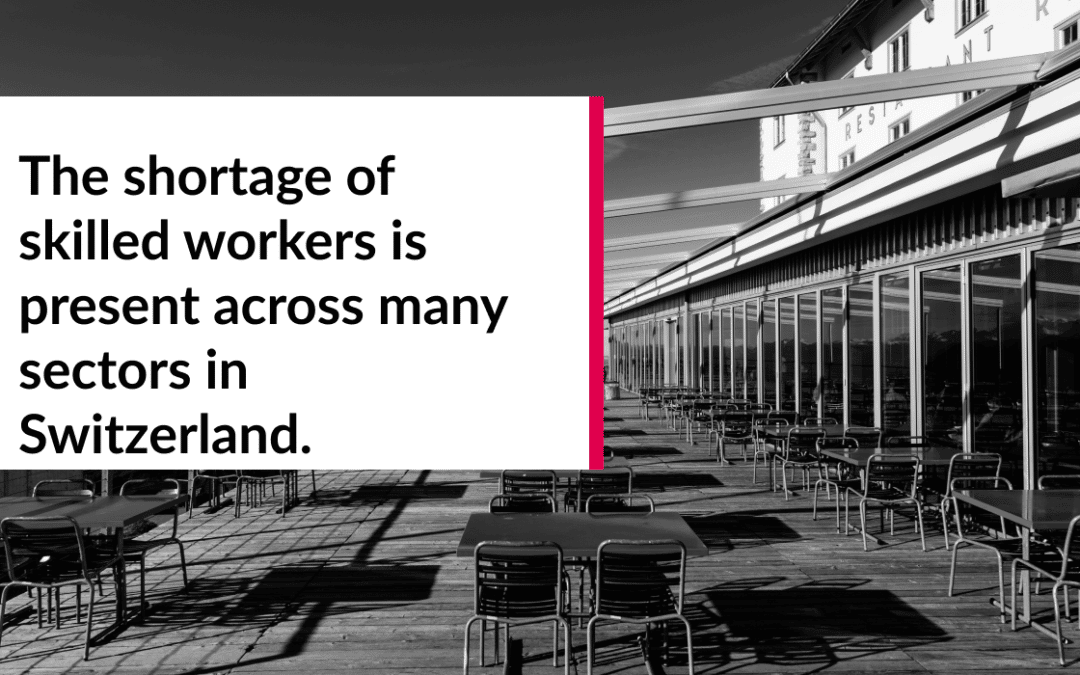The topic is everywhere and there seems to be no end to the reporting about it: The shortage of skilled workers is always on the minds of HR professionals and entrepreneurs across many industries.
Why is the shortage of skilled workers still an issue?
The reasons have only partially changed: The demand for staff, for example at airports or in the event and catering industry, was extremely high after the pandemic subsided. The reason for this is that companies that had survived the pandemic were virtually awakened from hibernation and were confronted with expectations of delivering a pre-pandemic offer. However, this is still not possible in many places.
During the pandemic, workers had time for extensive reflection on whether and how their jobs should determine their lives in the future. The movement to put life at the centre of existence rather than work has led many people to actively choose more flexibility and, by temping, to decide when, where and how much they want to work.
Another factor is the wage development in some professions
Real wages in the food service industry in Germany and Austria have increased faster than in Switzerland, which may be one reason for the lower immigration of skilled workers – even though chefs now earn CHF 8.30 more per hour than at the beginning of the year, depending on their level of training. Back in March, we published the results of a survey among our Coopers who work in the hospitality industrywith the result that only about one third were convinced to return to their old job.
Unexpected events, such as a major distributor’s short-term need for 800 employees to meet new safety requirements to prevent the spread of COVID-19, or a company where, unexpectedly, all the employees are sick (as the Swiss newspaper NZZ recently reported David, Vonplon, 02.08.2022,) – such short-term shortages of skilled workers can cause considerable damage to unprepared companies. This is one reason why companies are increasingly implementing a flexible pool of workers directly into their HR planning.
Which skilled workers are currently lacking in Switzerland?
The shortage of skilled workers affects not only the sector of skilled crafts and trades as well as professions in the STEM disciplines (science, technology, engineering, and mathematics), but also the logistics sector, nursing and health professions, and the event and hospitality industry in particular.
What can be done to tackle the shortage of skilled workers? As a digital staffing agency, we are actively combatting this problem with our platform where we connect companies looking for employees with qualified workers in a highly efficient way.
„We are tackling the shortage of skilled workers by using our digital approach, offering workers flexibility that cannot be found conventionally. This encourages many qualified profiles (e.g. in the healthcare sector) to re-enter the labour market or remain loyal to a sector. We open up segments of the talent market that often remain closed to companies”, explains Yves Schneuwly, Chief Commercial Officer of Coople.
Read more about how we connect a huge pool of temporary, external workers with companies – quickly, transparently, and independent of time and location.

